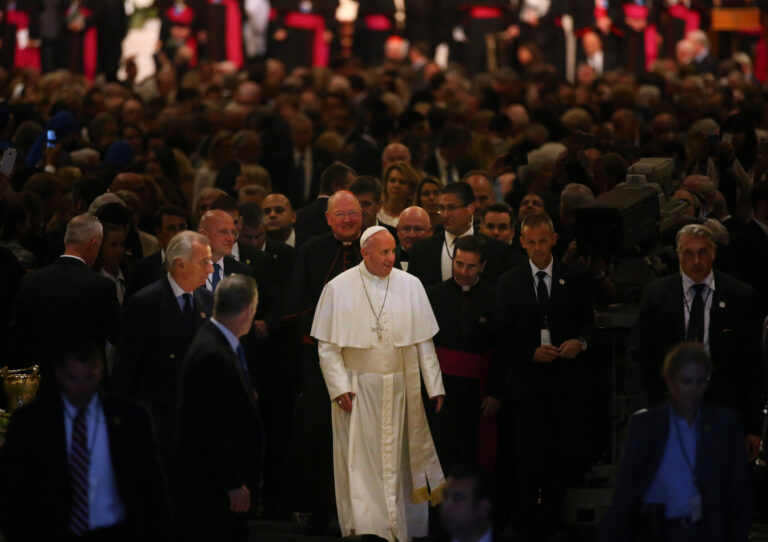
On Saturday evening, several misleading posts spread across social media falsely claiming the death of Morocco’s King Mohammed VI. The rapid circulation of this false information led to a significant spike in searches for the Moroccan king’s name across various search engines.
According to estimates from Facebook alone, the name “King Mohammed VI” was mentioned over 77,000 times within just three hours, highlighting the speed at which these rumors gained traction.
Many social media users pointed out that the misleading posts featured fabricated images falsely attributed to the prominent Moroccan newspaper Hespress. The sudden and widespread dissemination of these falsehoods suggested a coordinated online campaign.
The false claims alleged that Hespress had published a news article announcing the king’s death and then deleted it minutes later. However, Hespress quickly refuted these allegations in an official statement on Saturday evening, denying any connection to these fake reports. The newspaper also pointed fingers at “hostile entities” attempting to spread misinformation to undermine Morocco’s constitutional institutions.
These fabricated reports serve as yet another example of the dangers of misinformation in the digital age, where malicious actors seek to sow confusion and instability.





